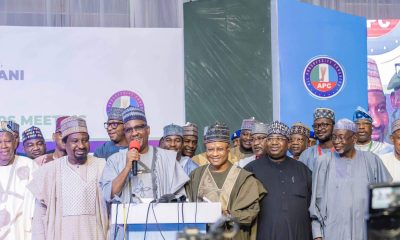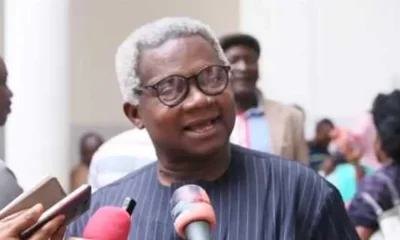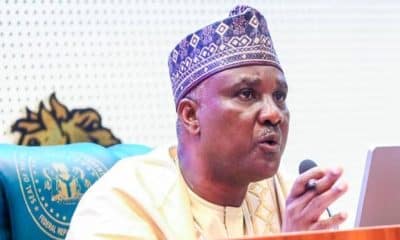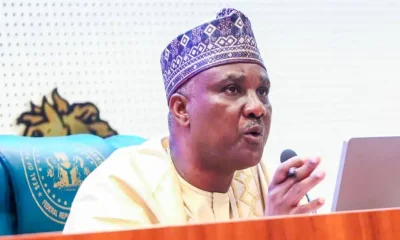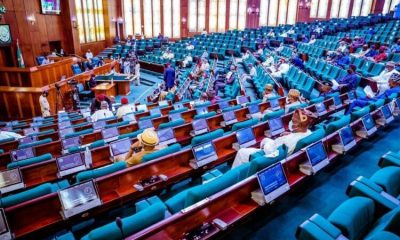Nigeria News
Why Compulsory Voting Could Be Illegal Under Nigerian Law – Falana Explains
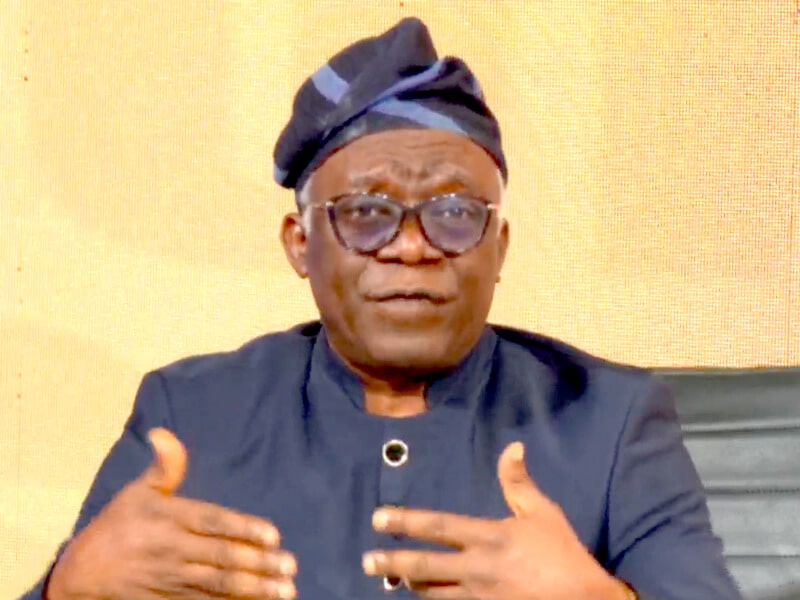
Renowned human rights lawyer and Senior Advocate of Nigeria, Femi Falana, has sharply criticised a proposed bill seeking to enforce voting among Nigerian citizens, branding it unconstitutional.
The bill, introduced by the Speaker of the House of Representatives, Tajudeen Abbas, seeks to penalise eligible voters who abstain from elections with either a six-month prison sentence or a fine of ₦100,000.
According to Abbas, the intent is to curb voter apathy, encourage civic responsibility, and reposition voting from being a voluntary civic act to a statutory obligation.
However, Falana, in a statement released on Monday, firmly opposed the initiative, noting that it infringes on multiple provisions within the 1999 Constitution.
“I doubt that the speaker and his colleagues paid sufficient attention to the relevant provisions of the 1999 Constitution. Otherwise, they would have realised that compulsory voting is constitutionally invalid in every material particular on the ground that it is inconsistent with sections 37, 38, 77(2), 135(5), and 178(5) of the constitution,” he stated.
Falana highlighted that these sections guarantee every Nigerian citizen the right to privacy, freedom of thought and conscience, and the liberty to participate in elections based on personal choice rather than compulsion.
Supporting his view with judicial authorities, the senior advocate cited the landmark Supreme Court judgment in ‘Medical and Dental Practitioners Disciplinary Tribunal v Okonkwo (2001) 7 NWLR (Pt 711) 206’, in which the apex court upheld the fundamental right of individuals to reject medical treatment based on their beliefs.
“In that case, a patient, Mrs Martha Okorie, and her husband belonged to a religious sect known as Jehovah’s Witnesses, who believe that blood transfusion is contrary to God’s injunction.
“On account of the rejection of blood transfusion, the patient lost her life. Dr Okonkwo, who treated the patient, was convicted… but the Supreme Court set aside the conviction on the ground that the doctor was right in respecting the fundamental right of the deceased to refuse blood transfusion on the basis of her religious belief,” Falana explained.
He referenced the opinion of the late Justice Emmanuel Ayoola, who held that: “The right to privacy implies a right to protect one’s thought, conscience or religious belief and practice from coercive and unjustified intrusion… and a right not to be coerced into acting contrary to one’s religious belief.”
Falana also drew attention to the Supreme Court’s affirmation of Muslim students’ rights to wear the hijab in public schools, emphasising the judiciary’s longstanding defence of individual freedoms.
He urged the House of Representatives to withdraw the bill, citing its impractical nature and legal vulnerability.
“Apart from the possibility that compulsory voting may be declared illegal under the current political dispensation, it is practically impossible to prosecute millions of Nigerian voters who may decide to boycott national and local elections,” he cautioned.
In conclusion, Falana recommended that legislators focus on substantive reforms. He advocated for the amendment of the Electoral Act in line with the Uwais Electoral Reform Panel’s recommendations, including: breaking up the Independent National Electoral Commission (INEC), introducing proportional representation, ensuring election petitions are resolved before inauguration, and creating a commission for electoral offences.

